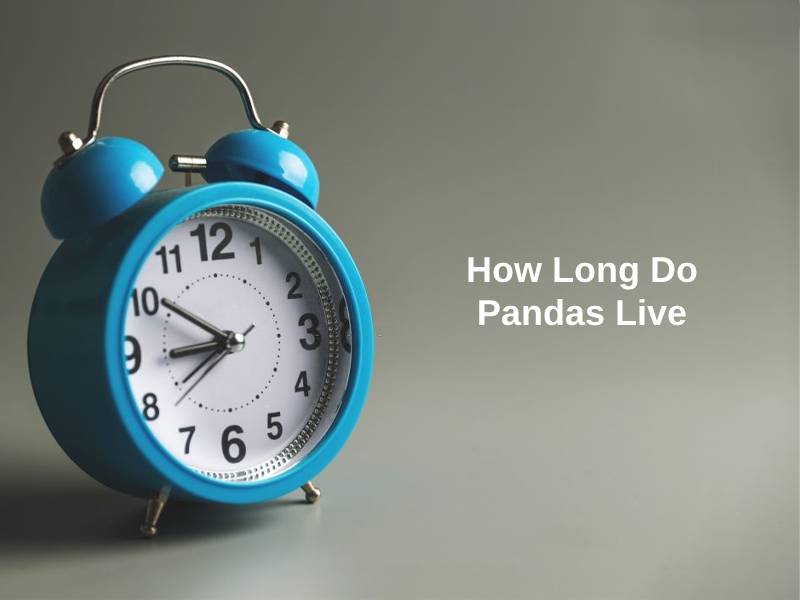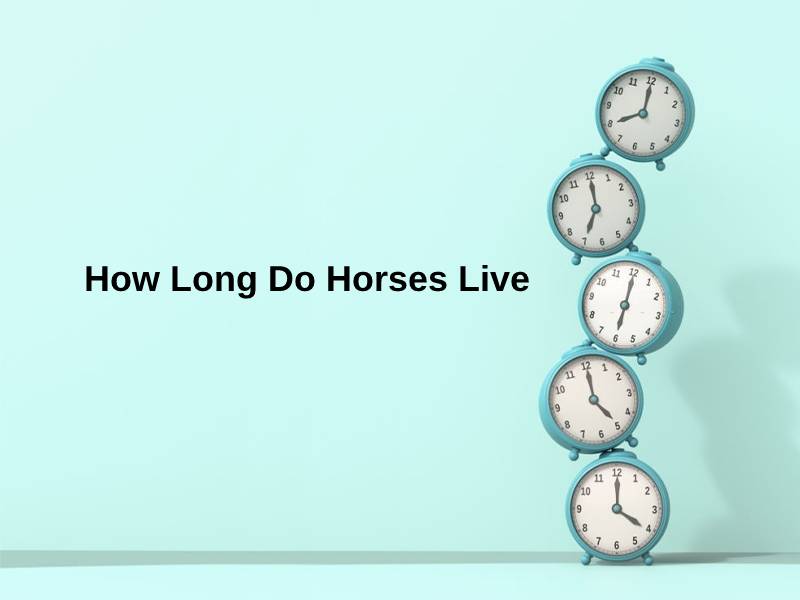Exact Answer: 15 – 20 Years
Pandas are undoubtedly one of the cutest animals to exist on Earth. Native to Southern Central China, this animal has huge popularity all around the globe. It is also called giant panda, panda bear, or simply panda. On hearing the name panda, the colors black and white come to one’s mind. The pandas are black and white and look extremely adorable.
Pandas are seen with bamboo shoots and leaves as 98% of their diet consist of these two things. Even though bamboo forms an essential component of their diet, they do eat other things besides it too. Pandas in the wild could also eat wild tubes, grasses, etc. When held in captivity, they are fed honey, fruits, shrub leaves among other things.
Pandas are gentle creatures and are friendly. They are cute bears that people love to observe. It is sometimes said that pandas spend their entire time eating and sleeping and are considered lazy. Pandas are also known to give a friendly hug to their lonely friends to evince their love for them.

How Long Do Pandas Live?
The life expectancy of panda depends on several different factors and can get affected by factors as the place of settlement, availability of food, local habitat, availability of companion, etc
Pandas are mostly found in the wild, living in jungles and forests. However, certain pandas are also held in captivity like the ones held in zoos, national parks, and wildlife sanctuaries. This bifurcation of the place of stay of the panda has a tremendous influence on the lifespan of a panda. On average, pandas have a lifespan similar to those of other bears i.e. about 15 – 20 years.
Typically, pandas in captivity live for a longer duration as compared to those living in the wild. This is due to the factor that pandas living out in the open area are exposed to various threats and dangers in comparison to ones staying in captivity in a particular place.
| Conditions | Lifespan |
| Pandas in the wild | 15 – 20 years |
| Pandas in captivity | 25 years |
Why Do Pandas Live For So Long?
Pandas have a lifespan of more than 10 years. When one takes extremely good care of their panda, they can have a lifespan of as long as 2 to 3 decades. It is extremely natural to find pandas living in captivity to live longer than those in the wild as they are protected from the unforeseen dangers of living in a wild environment. Thus, it can be said that generally, pandas in captivity have a life expectancy that is almost twice that of those pandas staying in the wild.
A lifespan of about 38 years has been recorded as the highest number of years of lifespan of a panda living in captivity. However, in most cases, it is observed that most pandas live about 15 to 20 years.
Pandas are average-sized animals. Their approximate height, weight, and size are similar to those of a wild bear. Pandas take about 5 years to become mature and fully grown. In the case of these animals, years 1 to 5 are the teenage years in the life of a panda. After this period, the prime time for a panda lasts till about 15 years. As the life expectancy on average is approximately 15 – 20 years, as the panda crosses 20 plus years, it is considered as old age
Of course, various factors could either shorten or lengthen the lifespan of a panda. The main reason is the environment they are surviving in. The human care and love which pandas in captivity receive are a contributing factor to the long lifespan of captive pandas. Hence, various zoos, conservation centers, sanctuaries, etc are keen on keeping pandas as it helps in conserving them and also serves as a major tourist attraction.
Conclusion
Pandas living in human care tend to live longer than those out in the wild. The oldest living panda, called by the name Xin Xing, lived for about 38 years in captivity. This proves that an expected lifespan is just a number. If taken proper care of, pandas too can live longer than their average life expectancy of 15 to 20 years.
Pandas are considered loners and this is somewhat true too. Thus, to help them stay alive longer, one should shower them with care, love, and affection to make them outlive their estimated and probable life expectancy.




















